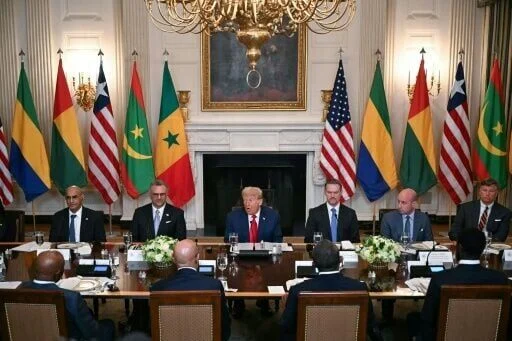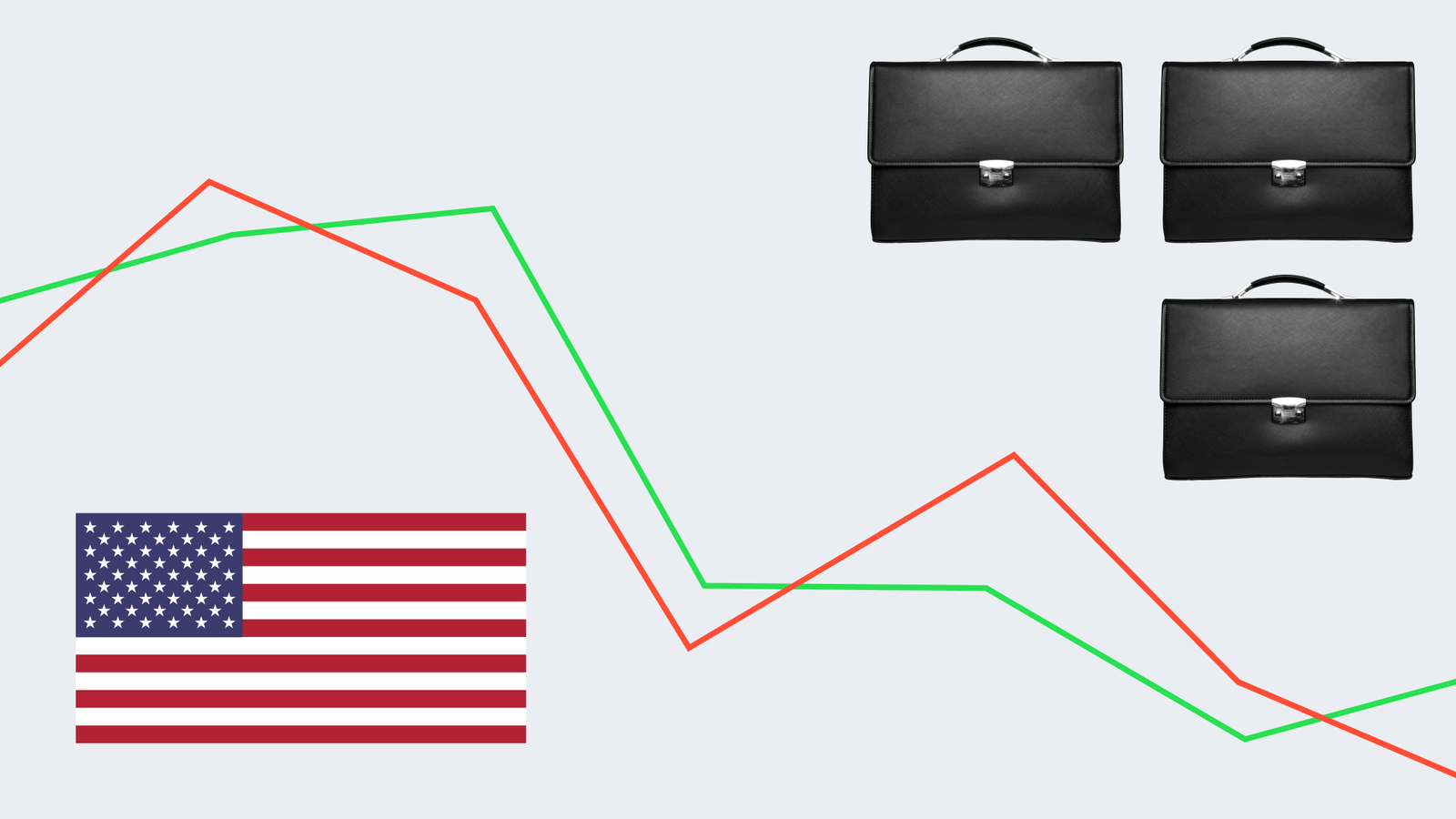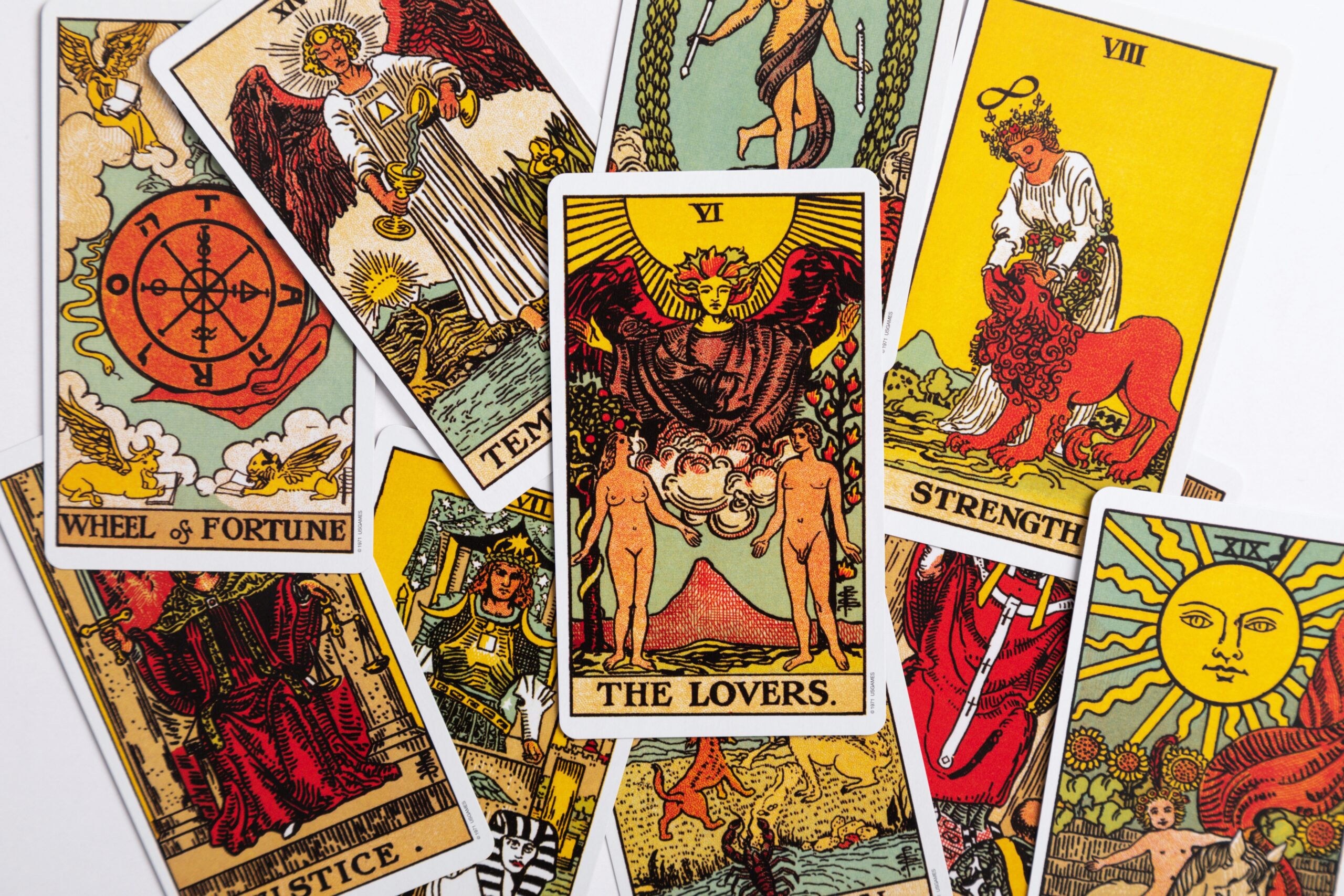Trump Liberian Comment
During a recent meeting with African leaders at the White House, U.S. President Donald Trump drew criticism after complimenting Liberian President Joseph Boakai on his English-speaking skills—despite English being the official language of Liberia.
While hosting leaders from Gabon, Guinea-Bissau, Liberia, Mauritania, and Senegal, Trump turned to Boakai and remarked: “Such good English, it’s beautiful. Where did you learn to speak so beautifully?” The comment, though intended as praise, prompted a brief, awkward silence and sparked a wave of backlash, particularly among Liberians and international observers familiar with Liberia’s deep-rooted ties to the English language.
President Boakai, who was advocating for greater U.S. investment in Liberia and a united approach to regional peace and security, simply explained that he had been educated in Liberia. Trump responded with surprise, saying, “That’s very interesting. I have people at this table who can’t speak nearly as well.”
Liberia, founded in 1822 by the American Colonization Society as a resettlement destination for freed African-American slaves, has spoken English as its official language since declaring independence in 1847. Though multiple indigenous languages are spoken across the nation, English remains the primary language of education and government.
Trump’s comment was widely criticized as condescending and ill-informed. Many Liberians saw it as an example of lingering colonial attitudes and a lack of awareness about African history. “I felt insulted because our country is an English-speaking country,” said Archie Tamel Harris, a Liberian youth advocate, in an interview with a major U.S. media outlet. “For him to ask that question, I don’t see it as a compliment. I feel that the U.S. president and people in the West still see Africans as people in villages who are not educated.”
A Liberian diplomat, speaking anonymously, called the remark “inappropriate” and “a bit condescending to an African president who’s from an English-speaking nation.” South African politician Veronica Mente went further, posting on X (formerly Twitter): “What stops [Boakai] from standing up and leav[ing]?”
The White House, however, defended the president’s remarks. Massad Boulos, senior advisor for Africa in the Trump administration, released a statement saying, “I was in the meeting and everyone was deeply appreciative of the President’s time and effort. The continent of Africa has never had such a friend in the White House as they do in President Trump.”
Deputy Press Secretary Anna Kelly echoed this, calling Trump’s words a “heartfelt compliment” and asserting that “reporters should recognize that President Trump has already done more to restore global stability and uplift countries in Africa and around the world than Joe Biden did in four years.”
Liberian Foreign Minister Sara Beysolow Nyanti also responded to the controversy, telling a major U.S. media outlet that President Boakai took no offense. “Many people do not understand the linguistic borders or linguistic demography of the African continent,” she explained. “What President Trump heard distinctly was the American influence on our English in Liberia, and the Liberian president is not offended by that. We know that English has different accents and forms, and so him picking up the distinct intonation that has its roots in American English for us was just recognizing a familiar English version.”
This isn’t the first time President Trump has commented on foreign leaders’ English abilities. In a past joint appearance with German Chancellor Friedrich Merz, Trump remarked on Merz’s fluency in English, asking whether his English was as good as his German. Merz chuckled and responded modestly, noting he tries to understand and speak “as good as I can.”
The emphasis on English ties into Trump’s broader political messaging. During his 2016 campaign and presidency, he frequently pushed for English to be recognized as the official language of the United States. In March, he signed an executive order to that effect, reinforcing English as central to his “America First” policy platform.
However, Trump’s history of inflammatory comments about African countries has left many skeptical of his intentions. In 2018, he notoriously referred to African nations as “shithole countries.” He also faced criticism after repeating false claims about White South African farmers being victims of a genocide during a conversation with South African President Cyril Ramaphosa.
Despite past controversies, Trump struck a noticeably more diplomatic tone during this week’s meeting. He praised the visiting African nations as “very vibrant places with very valuable land, great minerals, great oil deposits, and wonderful people.” The African leaders, in turn, expressed optimism about potential partnerships. President Boakai even said, “Liberia believes in the policy of making America great again.”



